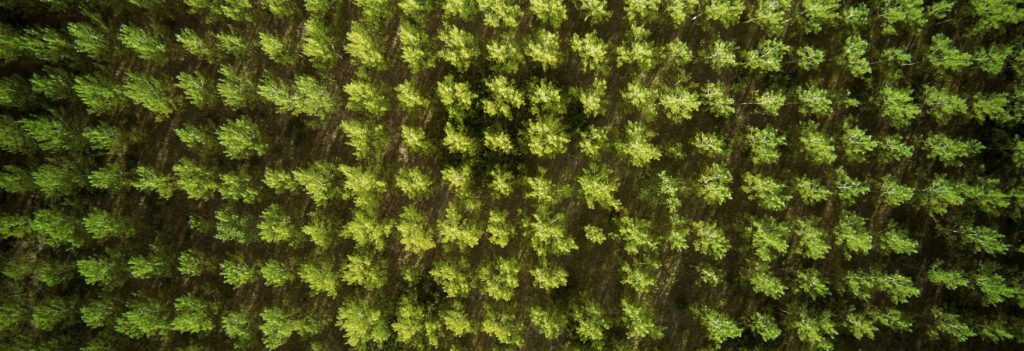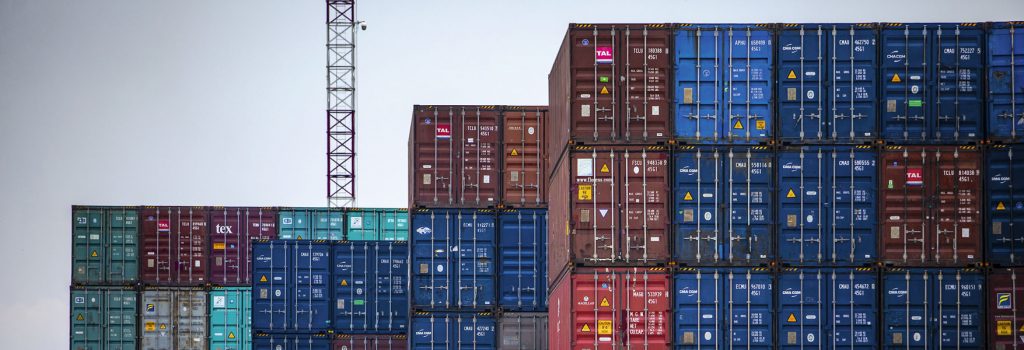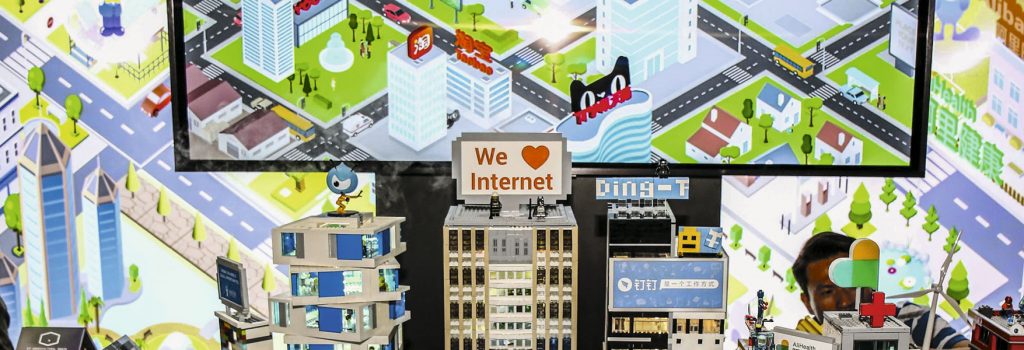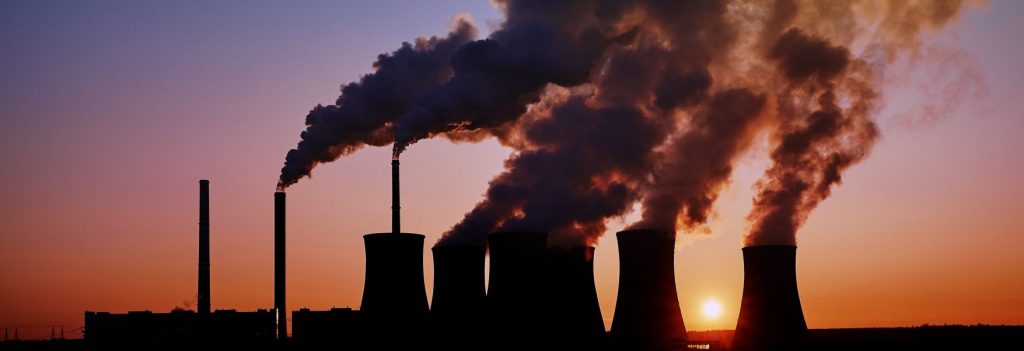
Interview with Sebastián Di Martino, Director of Conservation, Rewilding Argentina Foundation What is rewilding? What is its goal? ‘Rewilding’ is a term that was born in the 1990s, tied to the conservation of large carnivores in extensive spaces – a period in which the fundamental role that large spaces have on the survival of these […]
Read More…

Interview with Karen Holl, Professor of Environmental Studies at the University of California, Santa Cruz. Why are ecosystems and forests so important for climate and how can they help fight it? Forests and other ecosystems store a huge amount of carbon above and below ground. The most important thing we can be doing is to keep the […]
Read More…

Interview with Luis Díaz Fernández, President of the Spanish Technology Platform for CO2 (PTECO2) What are CCUS and what role do they play in achieving the Sustainable Development Goals? The acronym CCUS (which stands for carbon capture, use, and storage) is an umbrella term for different technologies capable of capturing, transporting, storing geologically, and using carbon […]
Read More…

Interview with Carlos M. Duarte Holder of the Tarek Ahmed Juffali Research Chair in Red Sea Ecology, King Abdullah University of Science and Technology, Saudi Arabia; BBVA Foundation Frontiers of Knowledge Award and BBVA OpenMind author. 2021 has kicked off the UN’s Decade of Ocean Science for Sustainable Development. Why is it so important to […]
Read More…

In this paper, we argue that the effects of artificial intelligence (AI) and automation on growth and employment depend to a large extent on institutions and policies. In the first part of the paper we survey the most recent literature to show that AI can spur growth by replacing labor by capital, both in the production of goods and services and in the production of ideas. However, AI may inhibit growth if combined with inappropriate competition policy. In the second part of the paper we discuss the effect of robotization on employment in France over the 1994–2014 period. Based on our empirical analysis on French data, we first show that robotization reduces aggregate employment at the employment zone level, and second that noneducated workers are more negatively affected by robotization than educated workers. This finding suggests that inappropriate labor market and education policies reduce the positive impact that AI and automation could have on employment.
[…]
Read More…

Technological change is making it harder to interpret disappointing productivity figures in many economies. Although there are likely to be many contributory factors, such as post-financial crisis debt overhang and demographic change, technological change complicates the interpretation of the evidence in two ways. One is the delay between companies adopting new technologies and their impact on productivity because of the organizational or management changes and the complementary investments that are also needed. The other is the mismatch between how official GDP and productivity figures are defined and the character of the digital economy, such as zero price, advertising-funded services, or the switch to cloud computing. A more fundamental question is whether “productivity” is a useful concept in economies consisting to such a large extent of services and intangibles.
[…]
Read More…









